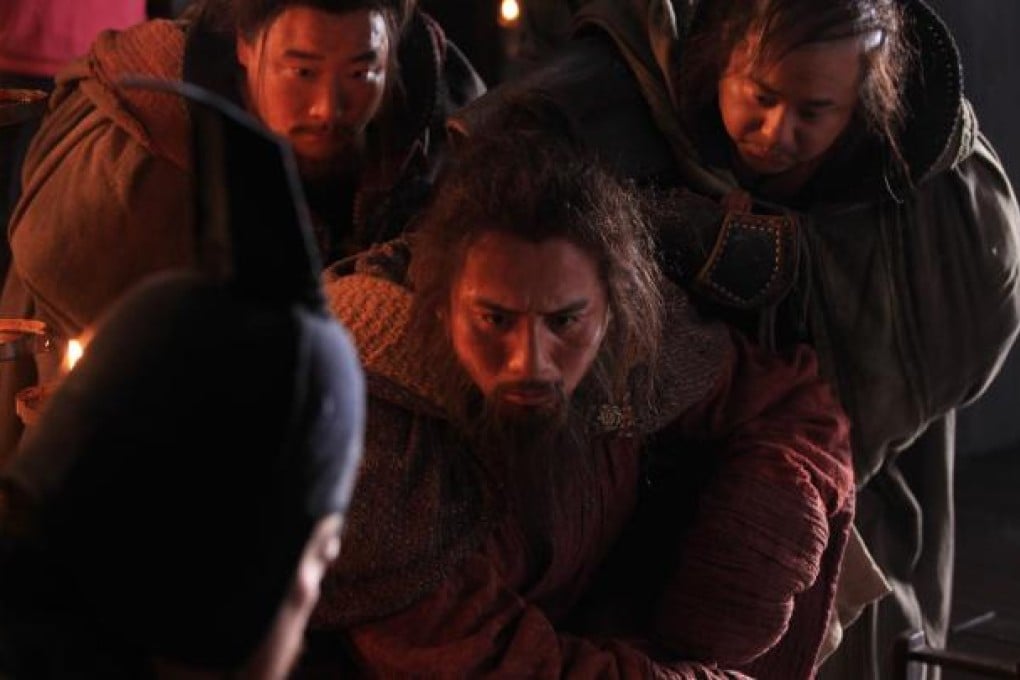
The mainland's film industry has produced a number of historical epics in the past decade or so, but few are about history in the real sense, which is what makes Lu Chuan's different.
"Most of the 'historical epics' we have seen out of the mainland so far are either kung fu or action films in disguise, with characters dressed up in ancient costumes. For we try to return to the history per se, to the truth, and use it to contemplate our current society," Lu says at the Chuan Films studio on the eastern outskirts of Beijing. "That's a basic responsibility that a historical film should take up and we hope to share our journey of truth-seeking with the audience in Hong Kong," the director says.
The fourth film written and directed by Lu tells the story of Liu Bang (played by Liu Ye), who fought with Xiang Yu (Daniel Wu Yin-cho) for control of the country in the third century BC, in the period towards the end of the Qin dynasty and the start of the Han. It depicts a number of historical events including the Feast at Hong Gate and the Battle of Gaixia, but focuses on Liu Bang's inner fears which led him to betray his most capable military leader: General Han Xin (played by Taiwan's Chang Chen), who had a major part in defeating Xiang Yu and helping Liu Bang become the first Han emperor.
"After the story of Liu was written in the history books, it became a model to copy by rulers in the later dynasties. It's worthwhile that we go back to the source and tell a story from there," Lu says.
The 41-year-old filmmaker is disappointed that since the 80-million yuan blockbuster's release on November 29, younger filmgoers have generally failed to grasp his central point. Instead, online discussion has fixated on some dialogue between Liu Bang and his wife (played by Lu's longtime girlfriend, Qin Lan), which have been seen as a veiled reference to modern-day male-female relationships on the mainland.
"This debate shows clearly the lack of historical education on the mainland and because of that the young audience cannot understand what the film is really about. It also shows their indifference to the historical truth," says Lu. His film, he says, is made for mature audiences with a sound knowledge of the Chu-Han Contention period.
